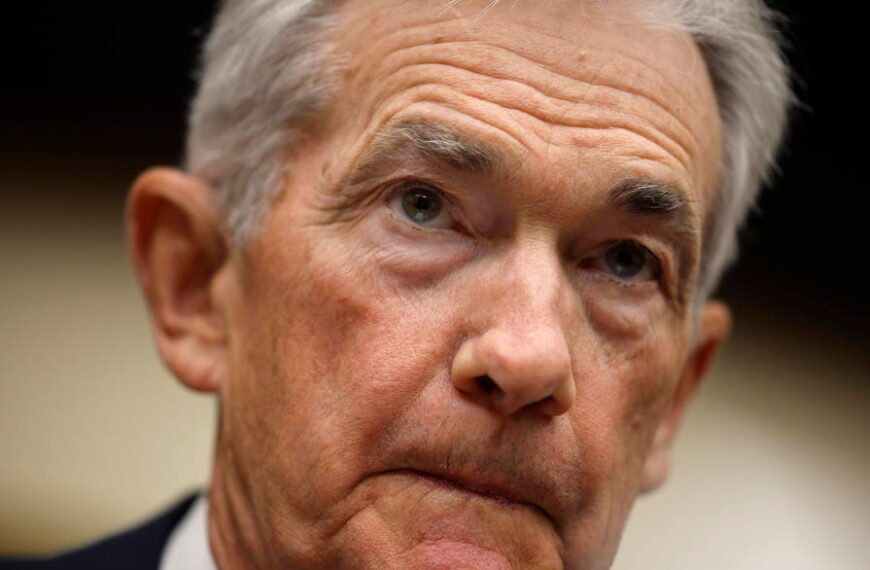Understanding El Salvador’s Bitcoin Strategy Amid IMF Compliance Reviews
El Salvador, a country that made headlines by adopting Bitcoin as legal tender, is now facing critical compliance reviews scheduled for June and September. These reviews are part of the conditions set by the International Monetary Fund (IMF) tied to a $1.3 billion loan package. As the nation navigates this pivotal moment, President Nayib Bukele remains steadfast in his commitment to the Bitcoin strategy, dismissing the IMF’s terms and vowing that the plan “won’t stop.” In this blog post, we’ll delve into the implications of these compliance reviews, the potential consequences for El Salvador, and what it all means for the future of Bitcoin in the country.
The Importance of Compliance Reviews
Compliance reviews serve as a crucial checkpoint for nations that enter into financial agreements with international organizations like the IMF. For El Salvador, these reviews are not just bureaucratic; they hold significant weight in determining the country’s economic stability and access to international funding. Here are some key points to consider:
President Bukele’s Stance on IMF Terms
President Bukele’s approach to the IMF’s conditions reflects his broader vision for El Salvador’s economic future. He has publicly dismissed the IMF’s terms, emphasizing the importance of national sovereignty in economic decision-making. This stance raises several questions:
Risks Associated with Non-Compliance
While Bukele’s determination to continue with the Bitcoin strategy is admirable, the risks associated with non-compliance are significant. Understanding these risks is crucial for both the government and the citizens of El Salvador:
The Future of Bitcoin in El Salvador
Despite the looming compliance reviews and potential consequences, the future of Bitcoin in El Salvador remains a central theme in the nation’s economic narrative. Here are some factors that could influence this trajectory:
Conclusion: A Pivotal Moment for El Salvador
El Salvador stands at a crossroads, balancing the ambition of its Bitcoin strategy with the realities of compliance reviews mandated by the IMF. President Bukele’s dismissal of external pressures reflects a bold vision for the country’s future. However, the risks associated with non-compliance cannot be overlooked. As the June and September reviews approach, the world will be watching closely to see how El Salvador navigates this crucial period.
In conclusion, whether El Salvador can successfully integrate Bitcoin into its economy while adhering to IMF guidelines will have lasting implications—not just for the nation but for the broader cryptocurrency landscape as well. The coming months will determine whether Bukele’s vision can withstand the pressures of compliance and lead to a prosperous future for El Salvador in the digital economy.





